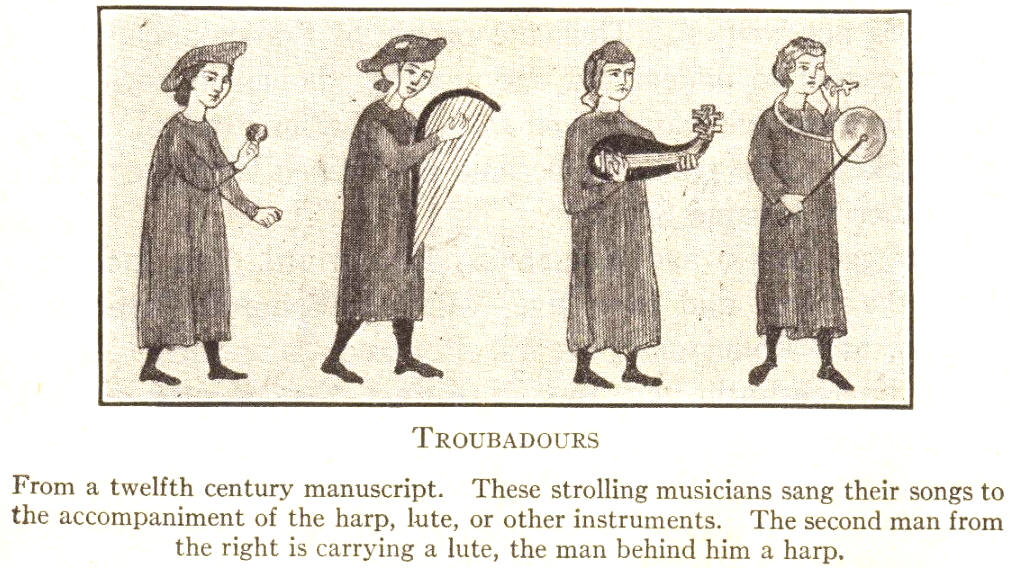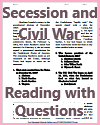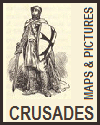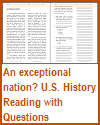Medieval Troubadours |
| World History > Teaching Materials on European Middle Ages > Maps & Pictures of Medieval Europe |
 |
Troubadours: From a twelfth-century manuscript. These strolling musicians sang their songs to the accompaniment of the harp, lute, or other instruments. The second man from the right is carrying a lute, the man behind him a harp. Click here to enlarge this image. The troubadours were poets and musicians who flourished during the High Middle Ages in medieval Europe, primarily in the Occitan-speaking regions of what is now southern France. They played a significant role in the development of vernacular literature and the troubadour tradition is often associated with courtly love poetry. Here are some key aspects of the troubadours: 1. Geographic Origin: The troubadours primarily emerged in the region known as Occitania, which encompassed parts of modern-day France, Spain, and Italy. The center of troubadour activity was in the towns and courts of southern France, particularly in regions such as Provence, Aquitaine, and Toulouse. 2. Language: Troubadours composed their poetry in the Occitan language, which was a Romance language spoken in the south of France. This marked a significant departure from the Latin used in scholarly and religious texts during the medieval period. 3. Themes: Troubadour poetry often focused on themes of courtly love, chivalry, and the ideals of knighthood. The troubadours celebrated the emotions and experiences of courtly love, often in a highly refined and stylized manner. Their poems often depicted the complex and idealized relationships between knights and noblewomen, sometimes involving unrequited love or impossible romantic pursuits. 4. Influence: The troubadour tradition had a profound impact on the development of medieval European literature and poetry. Their emphasis on writing in the vernacular language, rather than Latin, contributed to the growth of regional languages and the spread of vernacular literature across Europe. Troubadour poetry also influenced troubadours in other regions, such as the trouvères in northern France and the minnesingers in Germany. 5. Social Role: Troubadours were often associated with the courts of nobility, where they entertained and served as poets for the ruling class. Their poems were performed and sung, often with musical accompaniment, at courtly gatherings and other social events. 6. Decline: The troubadour tradition began to decline in the late Middle Ages, partly due to social and political changes in Europe. The Albigensian Crusade and the Inquisition in the 13th century, which targeted heretical movements in Occitania, also had a detrimental impact on the troubadour culture. 7. Legacy: Despite their decline, the troubadours left a lasting legacy on European literature and culture. Their poetry paved the way for the development of secular literature and the romance genre, and their influence can be seen in later works such as the Arthurian legends and the poetry of Dante Alighieri. In summary, the troubadours were medieval poets and musicians who composed courtly love poetry in the Occitan language, primarily in southern France. They played a crucial role in the development of vernacular literature and left a lasting impact on the European literary tradition. |
| Middle Ages Books and Films | Middle Ages Outlines and PowerPoints |
| Middle Ages Maps and Pictures | Middle Ages Study Games |
| Middle Ages Miscellany | Middle Ages Printable Worksheets |
| World History > Teaching Materials on European Middle Ages > Maps & Pictures of Medieval Europe |












